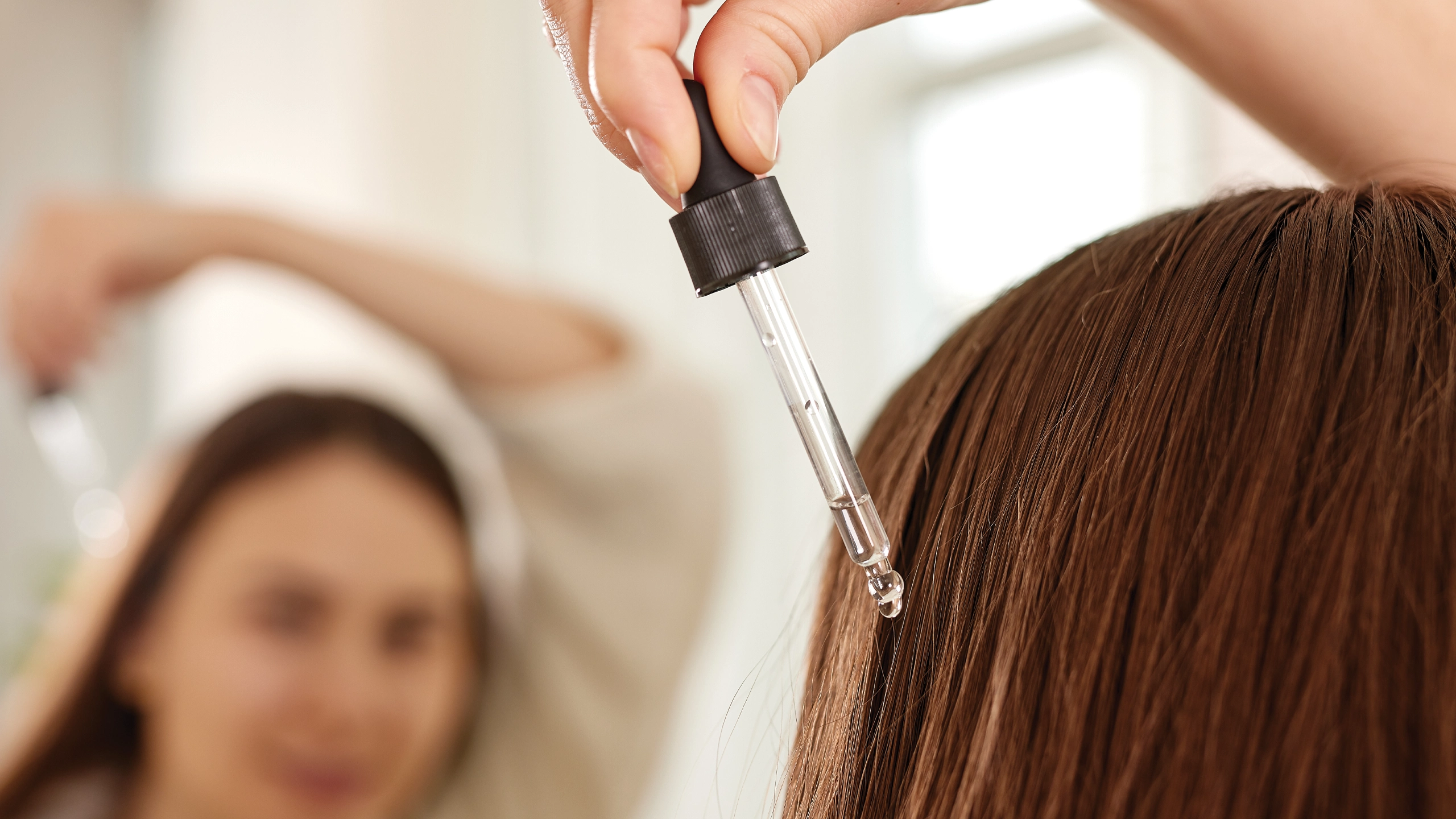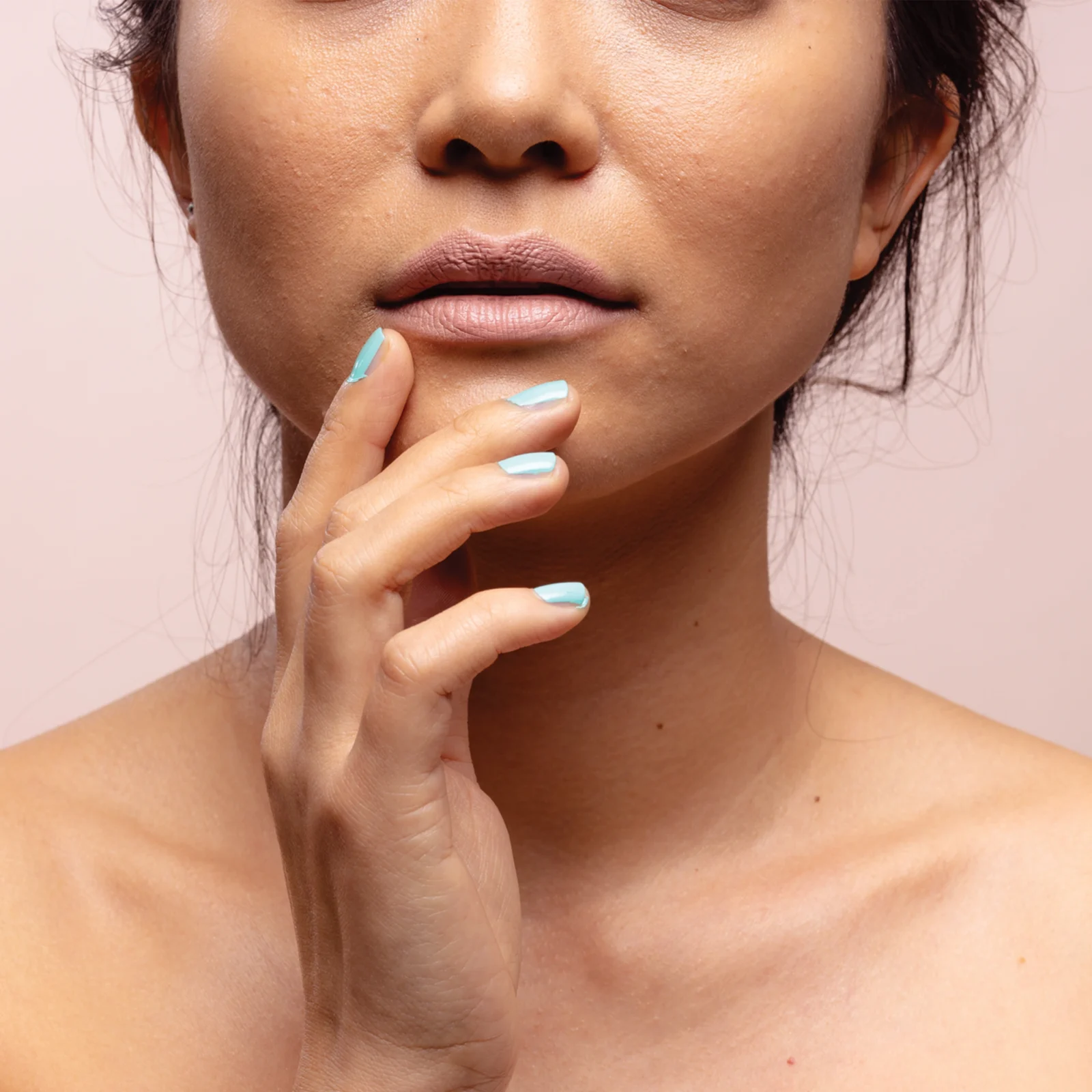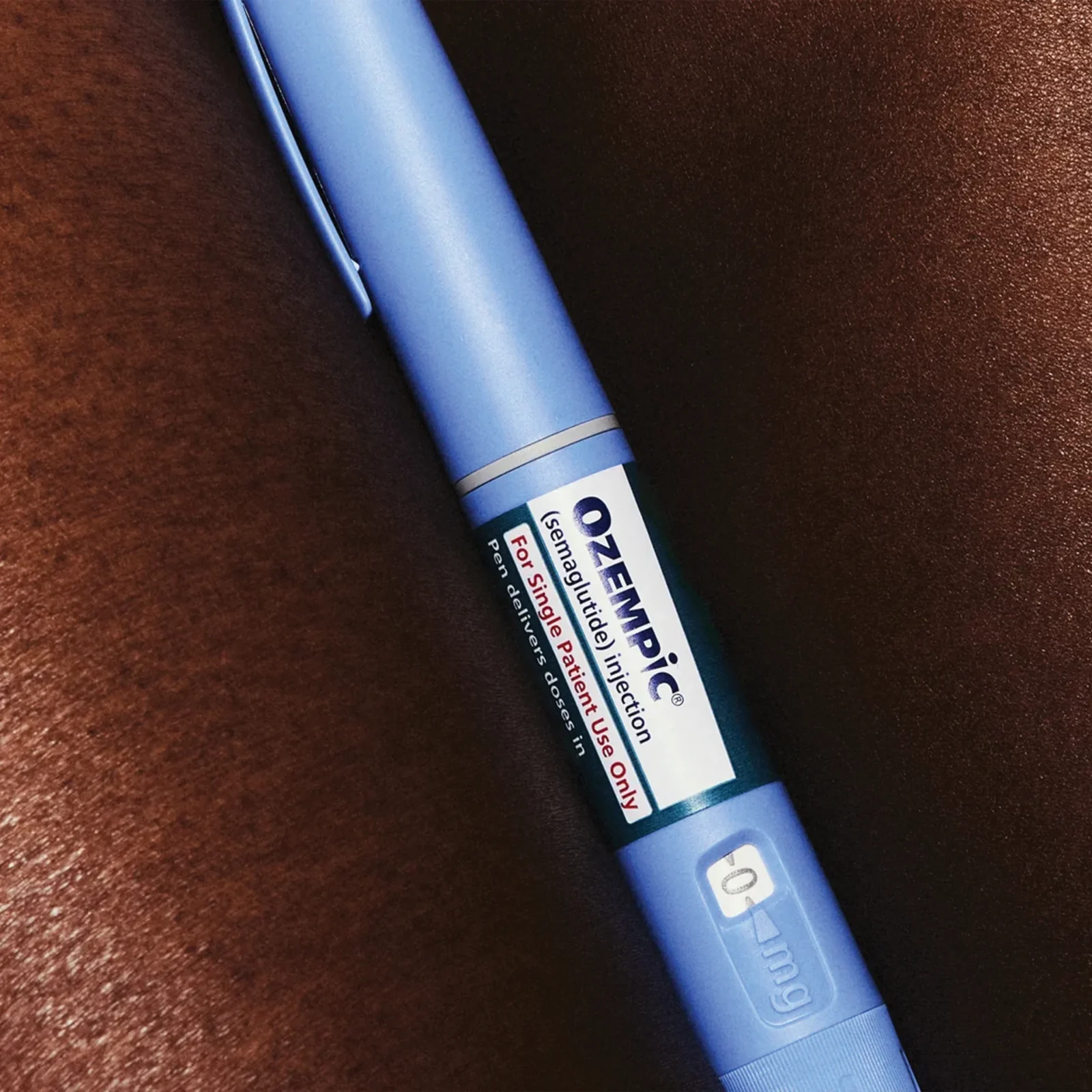Scalp Care Is the New Skin Care
More Filipinos are turning their attention to scalp health. Here’s what dermatologists have to say about the uptick in interest.
I was just looking for a good shampoo and conditioner combination to try, something sulfate-free and color-safe, but not outrageously expensive. But before long, my harmless hair care scroll spiraled into a deep dive on scalp health. My feed was flooded with ads for scalp serums that cost more than my moisturizer, and influencers saying using minoxidil on their scalp was gamechanger.
Have you noticed? Scalp care is everywhere. There’s been a noticeable shift in local beauty spaces: Many now offer “scalp facials,” “hair detox programs,” and treatments that sound more like skin care for your roots than anything traditionally associated with hair.
But is the trend grounded in actual science, or just another overpackaged wellness obsession with good lighting?
Because while most of us focus on our hair’s appearance, the health of our scalp often gets overlooked. Yet, it’s the foundation for strong, healthy hair—and common issues like dandruff, itchiness, dryness, or oiliness can signal that your scalp needs more attention than you think.
When should you see a dermatologist?
Board-certified dermatologist Corazon Mella, MD from Bench Skin and Hair Expert, says that we should visit a dermatologist for our scalp problems as often as we visit them for our face. While many scalp treatments are now available at spas and salons, she emphasizes the importance of professional care for certain conditions.
For example, seborrheic dermatitis should be treated by a dermatologist, not just with over-the-counter products or salon treatments. Managing chronic scalp conditions requires patient education and a tailored approach. There’s no one-size-fits-all solution, she says.
She explains that popular scalp facials and detox scrubs can help, but only temporarily.
“Dry or oily scalps can be improved with certain treatments, but unless done regularly like your facial skin care routine, the results won’t last,” she says. “Treating your scalp once or twice a year isn’t enough.”
Common scalp problems
Dr. Mella also says that we should take care of our scalp the way we do for our face.
“Dandruff and itching are the most frequent scalp issues I see in the Philippines,” says Dr. Mella. “Even when there aren’t visible rashes, patients often complain about itchiness and flaking skin on the scalp.”
These symptoms are most commonly linked to seborrheic dermatitis, a chronic skin condition that causes flaky, irritated patches. While environmental factors like humidity, pollution, and sun exposure don’t directly cause seborrheic dermatitis, they can trigger flare-ups.
“Stress also plays a big role,” Dr. Mella explains. “Changes in routine like switching jobs, dealing with personal problems, or recovering from surgery, can all set off symptoms. If you have a predisposition, the condition doesn’t go away, but you can manage and prevent flare-ups.”
Beware of product buildup
One often-overlooked cause of scalp irritation is product buildup. “Just like you remove makeup at the end of the day, you need to rinse off hair products properly,” Dr. Mella warns.
“When products aren’t rinsed well, they can clog follicles, cause itching, and even lead to hair shedding. Buildup makes hair more fragile and prone to breakage,” she says.
A study reveals that maintaining scalp hygiene and treating scalp conditions like seborrheic dermatitis can prevent hair loss and promote healthier hair growth. By addressing these issues early on through consistent cleansing and targeted treatments, we can support scalp health, reduce flare-ups, and improve the overall strength and appearance of their hair.
If you’re wondering how often to wash your hair, it really depends on your day-to-day habits. If you sweat frequently or do a lot of physical activity, washing daily may be necessary. But your scalp type, and the kind of products you use should also guide your routine.
Taking care of your scalp is essential
To sum it up, taking care of your scalp isn’t just a trendy beauty fad—it’s an essential part of maintaining healthy hair and overall wellness. Just like your facial skin, your scalp needs consistent care, the right products, and professional attention when needed. Whether you’re battling persistent dandruff, itchiness, or simply want to keep your hair looking its best, listening to your scalp’s needs is key.
Before jumping into the latest scalp treatment craze, remember: effective scalp care is a combination of good hygiene, lifestyle habits, and expert guidance. “ It’s not something that you go to the salon for once or twice a year [for],” reminds Dr Mella. “It has to be consistently done.”
So next time you scroll past those scalp serums or spa offers, ask yourself—does this align with what my scalp really needs? And when in doubt, consulting a dermatologist can make all the difference in turning the hype into real, lasting results.
Latest Stories
You might also like
To provide a customized ad experience, we need to know if you are of legal age in your region.
By making a selection, you agree to our Terms & Conditions.







